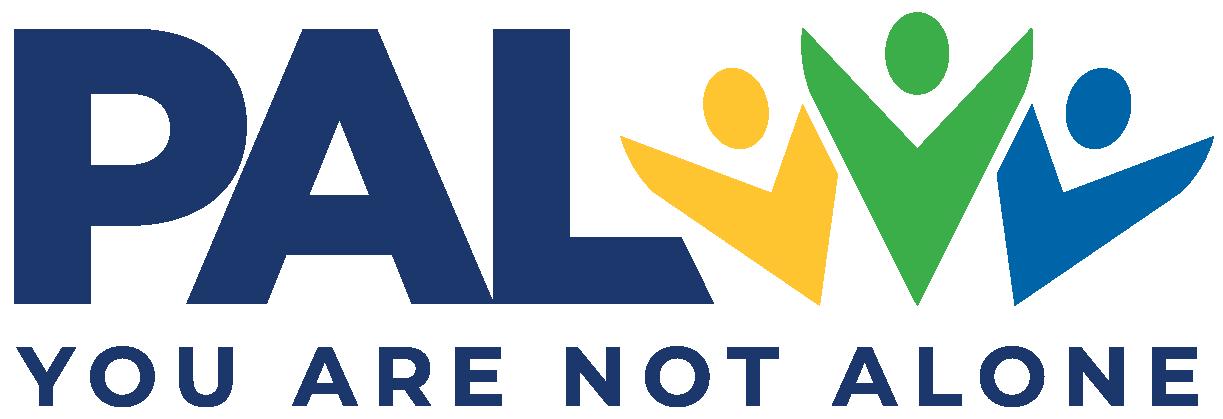As the loved one of a person struggling with an addiction, it is so easy to stay focused on their recovery. Some pray to God over and over again to heal them, to make it stop, to give us wisdom on how to help them. And these are good things to do, we are looking for help, and sometimes healing comes from pouring out our hearts. We sometimes don’t realize the value of just talking about our story in healthy ways so that we can focus on our own recovery. Let’s look at how a well-known recovery principle for those dealing with addiction can guide us into a recovery journey of our own.
In the 12-step programs that our loved ones may attend for their recovery, the first step is about admitting powerlessness. For example, step one in Alcoholics Anonymous reads, “We admitted we were powerless over alcohol—that our lives had become unmanageable.” The first step in moving toward sobriety and a changed life is recognizing that we have no power over the thing we are addicted to. This is a very difficult step for our loved ones. We may hear from them again and again that they can manage it. We become all too familiar with their frequent claims that “it’s not that bad,” “I’m getting a handle on it,” or “at least I’m not as bad as so-and-so, who is really out of control!” Even as consequences begin to mount, they may remain shockingly committed to their denial – the belief that they are in control and that they have power over their addiction. Baffling, isn’t it!
I’d like to turn the tables now and suggest that you may be in the very same boat. If we replace “alcohol” in step one written above with the name of our loved ones, we may come to realize that we have an addiction of our own. If you think back on the months, years, or decades that your loved one has been stuck in their addiction, have you found yourself struggling with the reality that you are powerless over them and their choices? Maybe you notice it in the pattern of constantly bailing them out, taking on the responsibility of keeping them safe, and believing that you are the one thing between them and a worse situation. “If I help this one last time, maybe they will finally get better!” Clinging to the belief that we somehow have power over what happens with our loved one brings us a false sense of security and can actually contribute to our loved one being stuck. It can also lead to part two of the first step – our lives becoming unmanageable.
If you are honest, do you see yourself in the second half of step one as well? We painfully watched our loved ones’ lives become increasingly unmanageable. We watched as their addiction began to chip away at every aspect of their life – work, finances, family, friends, health, hobbies, etc. Do you see this happening in your life, too? It is easy for many of us to let our own addiction of trying to control our loved one create unmanageability in our own lives. As we become preoccupied with our loved ones and their addiction, our shift moves off our own needs and self-care. Now instead of one person in the pit of despair, there are two. We may even begin to believe the only way to find peace is if our loved one gets better. This is a time to believe in something greater than us. Whatever that means for you, personally I find hope in God, and believe that we can find peace in a relationship with Him.
So today I invite you to participate in step one of your recovery and begin to consider how things might change if you embrace your powerlessness over your loved one and their recovery, and give up trying to control the outcome. In this step we admit to ourselves and agree that we cannot control how their story goes. We begin to shift our focus to what we DO have power over – our own recovery. As we attend our own recovery meetings, connect with something greater than ourselves, in my case, God, and focus on ourselves, life becomes manageable again. We begin to experience peace that may not even make sense. If you pray, then pray for your loved ones’ healing, recognizing that scary as it may be we are not in control.
Cassie Greene, MA, LAC, AZ Counseling Collective, Cassie feels called to help others walk through the challenge of loving someone with an addiction.

I read your post on being powerless over our loved one’s addiction. I am trying to come to terms with this fact. I often felt if my son loves me and I show him love, he will somehow sense the hurt he’s causing me and be motivated to stop using. I don’t think that’s the case. I need help. My heart is breaking.
That is why PAL exists, hopefully you have found a PAL meeting where you will find others with the same feelings and experiences to walk with you on this journey. Try to remember that powerlessness over does not mean there are not healthy things you can to do help influence your loved one. PAL groups discuss this weekly. Hang in there.